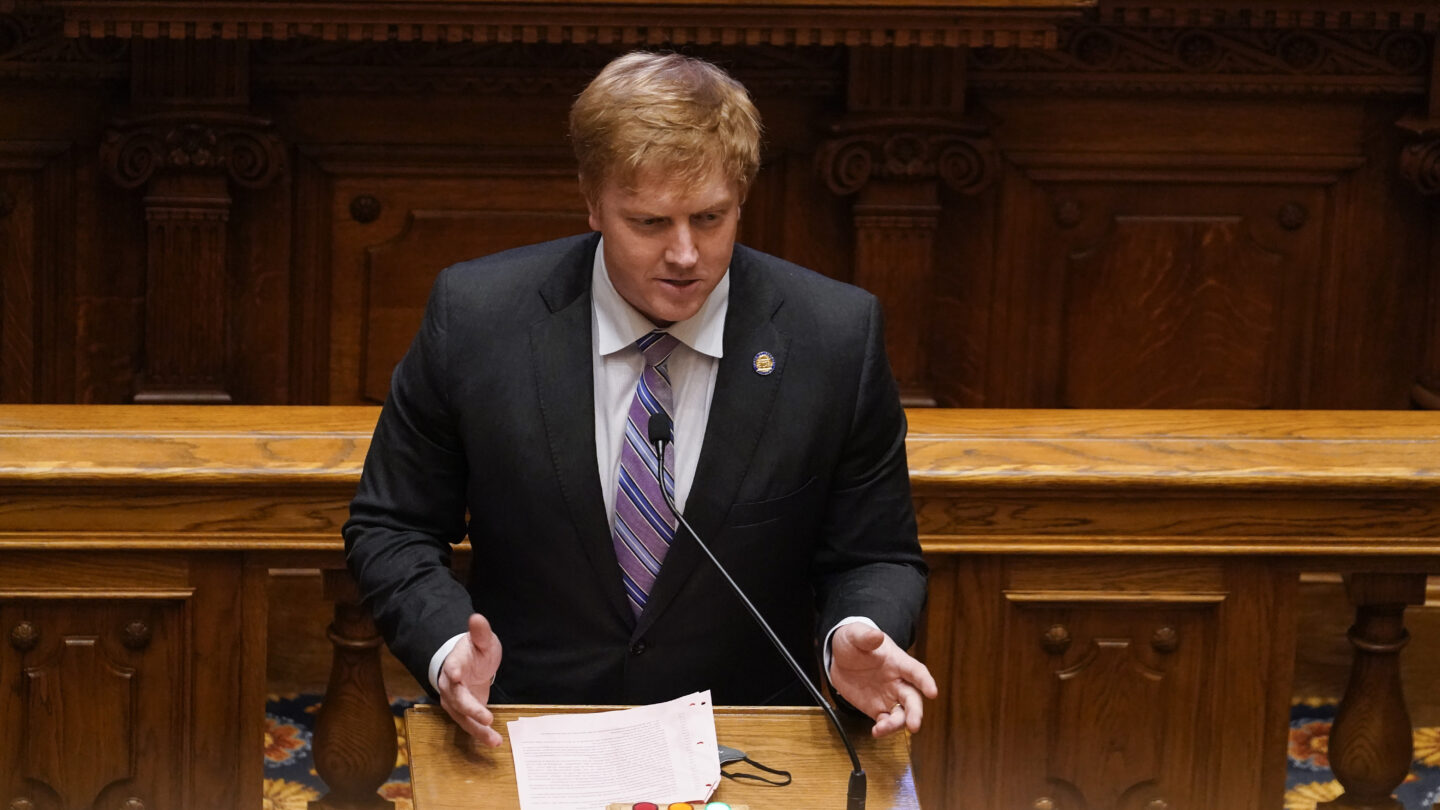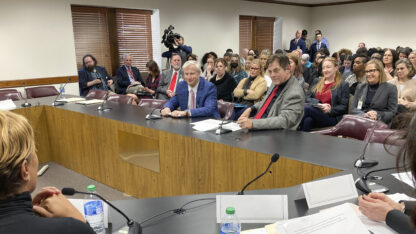Amended Georgia budget heads for House-Senate talks

Georgia senators are approving amendments to the current year’s state budget, setting the stage for final negotiations with the House on changes to the spending plan.
The Senate voted 54-1 to approve House Bill 18, which includes $2.4 billion in additional spending after Gov. Brian Kemp raised projected revenue.
The spending plan would include $1 billion to give property tax rebates to homeowners and would divert $1.1 billion in state revenue to the Department of Transportation to make up for fuel tax revenue that the state didn’t collect while gas and diesel taxes were suspended. Both those measures require separate legislative approval, as does Kemp’s plan to use $1 billion in surplus money to give another round of income tax refunds.
The fuel tax replenishment and the income tax rebate got approval Thursday in the House, moving on to the Senate.
Representatives voted 170-2 to approve House Bill 162, which would give income tax refunds of $250 to $500. No one can get back more than they paid in state income taxes in 2021.
The House also voted 170-0 for House Resolution 66, which ratified Kemp’s decision to keep extending what had originally been legislated as a six-week holiday on gasoline and diesel taxes last spring.
Kemp, a Republican, now calls for spending $32.6 billion in state tax money in the budget ending June 30, up 7.3% from original projections last year. Including federal and other money, total spending would rise to $61.6 billion.
The Senate proposes spending $24.5 million for one-time bonuses for 55,000 retirees in the state Employees Retirement System. That should equal $500 per employee, and is almost twice what the House proposed.
The House and Senate must resolve differences between their spending proposals. One key disagreement is over how quickly school districts must cover an increase in health insurance premiums for employees including maintenance workers, bus drivers, cafeteria workers and others.
The State Health Benefit Plan had planned to increase premiums by 67% in January 2024, raising the amount charged per employee per month from $945 to $1,580, a total increase projected at $457 million a year.
The House proposed giving the benefit plan another $100 million in state money and stretching the premium increase over three years. The Senate proposes giving the plan only $34 million for a two-year phase-in, with school districts owing the full amount beginning on Jan. 1, 2025.
The state plans to spend $846 million a year to cover the insurance premium increase for certified employees including teachers. The premiums that employees directly pay wouldn’t change.
House lawmakers had proposed spending $138.8 million on school security grants, but the Senate shifted back to Kemp’s original plan of $115.7 million, or $50,000 per school. Senators instead supported Kemp’s plan for $25 million in learning loss grants to improve student achievement.
The Senate would use the money to provide grants to districts based on shares of students performing at or above grade level on tests from the 2021-2022 school year. Tillery said that would reward districts best using federal COVID-19 money to improve academic performance.








